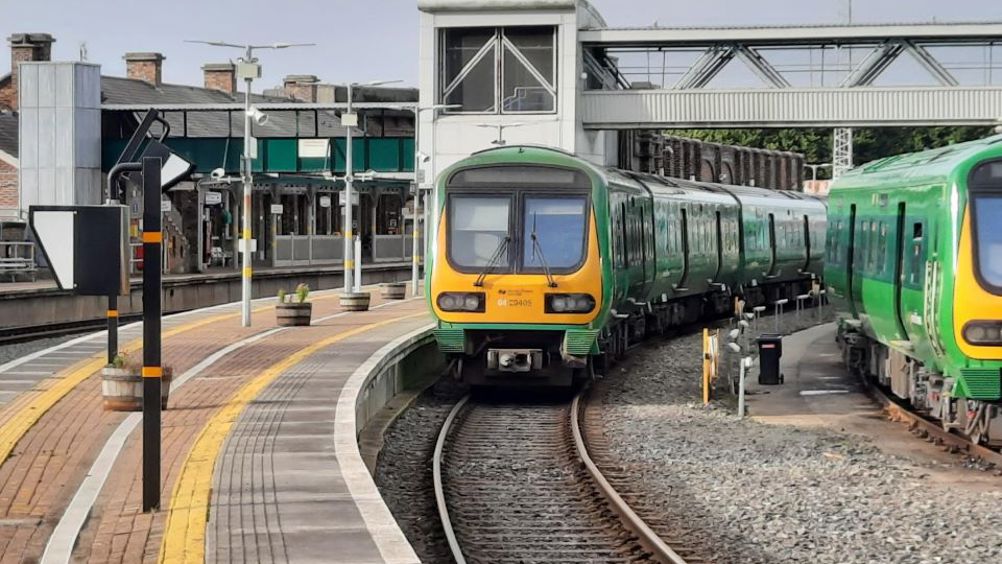Alstom to deliver fast-charging infrastructure for Battery Electric Multiple Unit trains
Alstom has been awarded a contract to provide a charging facility for Irish Rail’s new Battery Electric Multiple Unit (BEMU) trains.

The fast-charging infrastructure on two platforms and one siding at Drogheda will be installed by end of 2024. It will enable new battery-electric DART+ trains that will enter service in 2025 to operate to and from Drogheda in advance of planned electrification of the line, and to be recharged during service turnaround at Drogheda.
“This investment will allow us to accelerate the benefits of DART+ to customers on the Drogheda commuter route, with a brand-new fleet and extra capacity to be provided in just two years’ time.” said Jim Made, CEO of Irish Rail (IE).
According to Alstom, the infrastructure will include a medium voltage connection to ESB, the electricity network operator, and a traction substation converting electricity to the voltage suitable for charging the trains. The substation will be equipped with an energy storage element which enables integration with the ESB network and enhances availability of the charging system. The substation will provide a controlled current to trains stabled on the platforms in Drogheda Station, for re-charging their on-board batteries through an overhead rigid catenary system and the pantographs.
Register now to continue reading
Thanks for visiting The Engineer. You’ve now reached your monthly limit of news stories. Register for free to unlock unlimited access to all of our news coverage, as well as premium content including opinion, in-depth features and special reports.
Benefits of registering
-
In-depth insights and coverage of key emerging trends
-
Unrestricted access to special reports throughout the year
-
Daily technology news delivered straight to your inbox










Water Sector Talent Exodus Could Cripple The Sector
Maybe if things are essential for the running of a country and we want to pay a fair price we should be running these utilities on a not for profit...